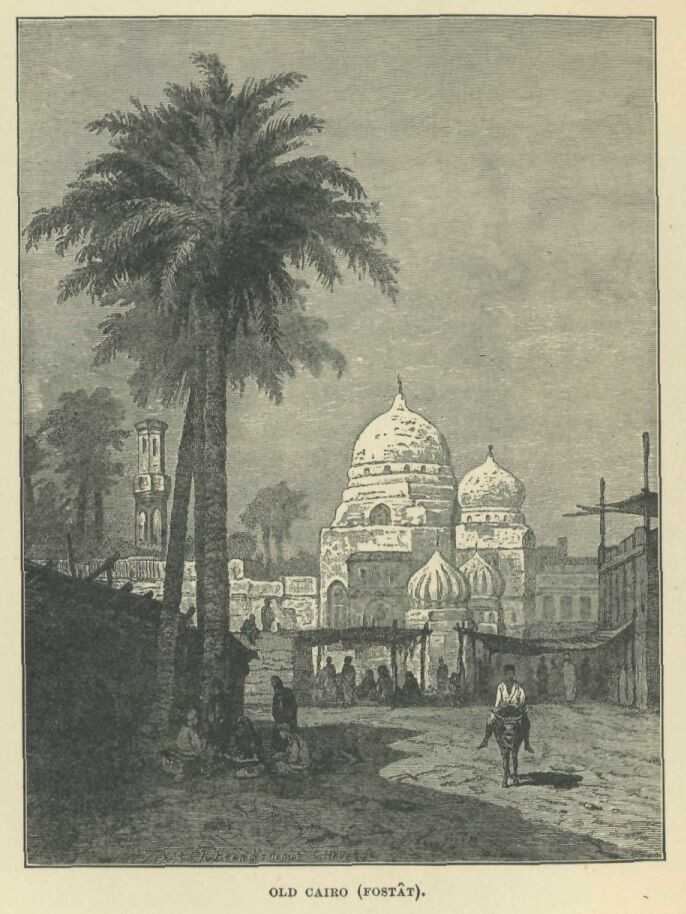Teucer of Babylon (also spelled Teukros and Tinkalūŝā[1]) was an ancient Egyptian astrologer of uncertain date, though possibly of the first century AD.[2] He is used as a source by Vettius Valens.
The 'Babylon' in his name is the Babylon Fortress near Cairo, not the ancient city in Mesopotamia.
His name Teucer seems to be a pseudonym in view of the archer in the Iliad hinting to his ‚stochastic‘ art. The origin „from Babylon“ means the Egyptian district Babylon, today Fostat (Fustat), Cairo. date: he lived between the end of the second century B.C. and the middle of the first century B.C.
After the city's founding in 641, its authority was uninterrupted until 750, when the Abbasid dynasty staged a revolt against the Umayyads. This conflict was focused not in Egypt, but elsewhere in the Arab world. When the Abbasids gained power, they moved various capitals to more controllable areas.
They had established the centre of their caliphate in Baghdad, moving the capital from its previous Umayyad location at Damascus. Similar moves were made throughout the new dynasty. In Egypt, they moved the capital from Fustat slightly north to the Abbasid city of al-Askar, which remained the capital until 868. When the Tulunid dynasty took control in 868, the Egyptian capital moved briefly to another nearby northern city, Al-Qatta'i.[2] This lasted only until 905, when Al-Qatta'i was destroyed and the capital was returned to Fustat. The city again lost its status as capital city when its own vizier, Shawar, ordered its burning in 1168, fearing it might fall into the hands of Amalric, king of the Crusader Kingdom of Jerusalem. The capital of Egypt was ultimately moved to Cairo.

